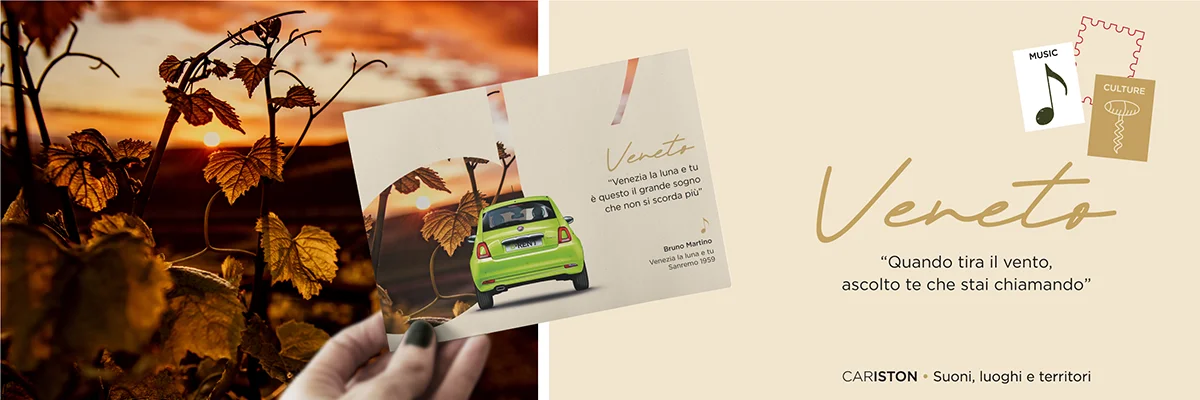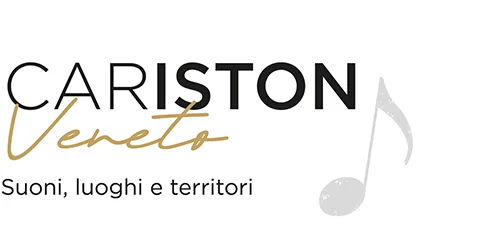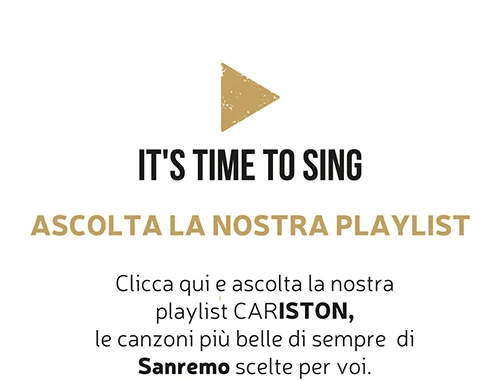IT
EN
ES
FR
IT
EN
ES
FR


Popular songs from Veneto represent an invaluable cultural heritage, embodying centuries of history and tradition. These melodies, often accompanied by instruments like the accordion and mandolin, tell of daily life, joys, and hardships of the Venetian people. From the Dolomite mountains to the plains of the Po, each area in Veneto has contributed to creating a unique and captivating repertoire.
Venetian folk songs cover a wide range of themes, including:
Some of the most well-known songs include:
A distinctive feature of Venetian folk music is its linguistic variety. In addition to Italian, many songs are sung in the Venetian dialect, with specific variants depending on the region. This further enriches the cultural value of these compositions.
Today, thanks to festivals, historical reenactments, and cultural initiatives, Venetian folk songs continue to thrive, passing on a timeless musical heritage to new generations.
Venetian dialect songs are an essential part of Veneto's musical culture. Sung in a language full of nuances and variations, these songs convey the life, emotions, and traditions of a land that has preserved its identity through words and melodies. Every province, from Venice to Verona, from Treviso to Vicenza, has developed its own dialect with unique sounds and accents, reflected in folk songs passed down through generations.
The Venetian dialect is much more than a simple language; it is a way of expressing a sense of belonging and a deep connection to the land. Songs in the Venetian dialect cover various themes, including:
Some of the most famous songs in Venetian dialect include:
The Venetian dialect is an essential vehicle for conveying the culture and identity of Veneto. Many of these songs are still sung today during local events and celebrations, keeping alive a tradition that risked fading. Thanks to the dedication of folk groups and contemporary artists, the Venetian dialect continues to live on and resound in squares and homes.
Listening to and learning these songs means immersing oneself in the history of a people who, through their language, have kept their soul alive.


